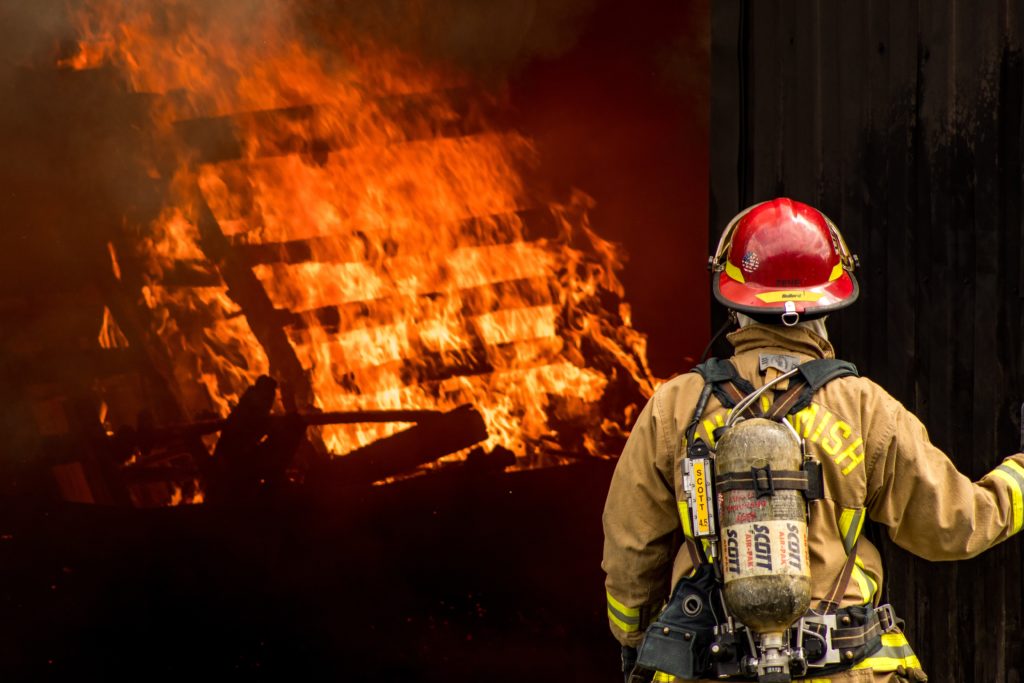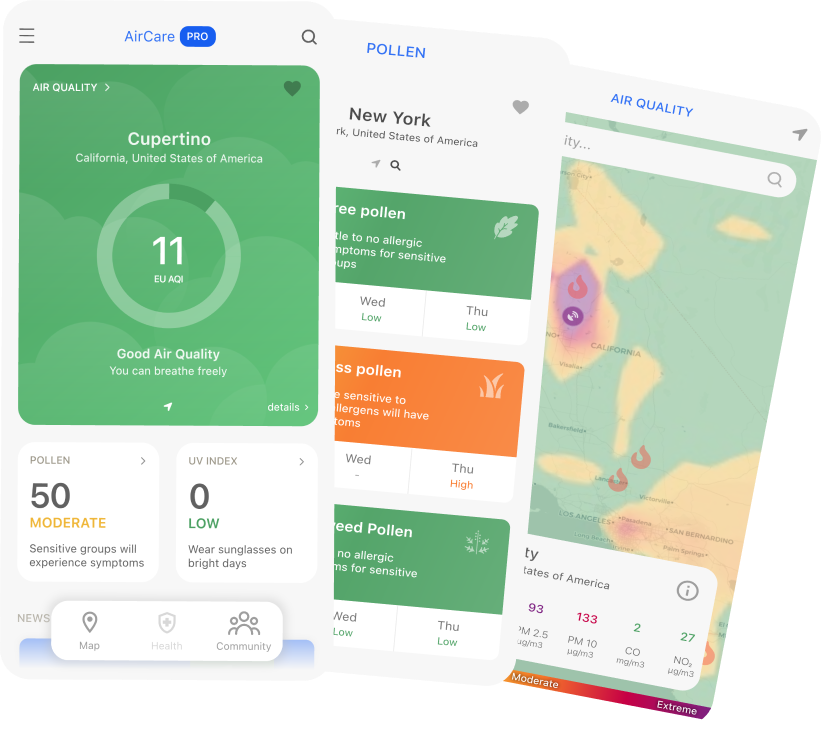According to the National Interagency Fire Center, humans cause an average of 80% of all wildfires. Wildfires disrupt gas and power services, communications, transportation, and water supply. They also result in the deterioration of the environment and the loss of animals, crops, resources, property, and people.
Most of these fires can be prevented, and we all play a vital role in this. Whether it’s keeping your vehicle maintained to prevent sparks or properly extinguishing a campfire. Following just a couple of simple steps can prevent disasters from happening.

Tips for Preventing Wildfires
Wildfire lasts all year round in many parts of the country now. What can you do to protect yourself and your family from wildland fires and help support our firefighters?
Bonfires and Campfires
- Skip starting fires on windy days. Save it for when the weather is clearer.
- Never leave a fire unattended, such as overnight.
- Only start bonfires or campfires in an appropriate fire pit, ringed by stones and cleared of all vegetation.
- Remember that campfires are allowed only when a campfire burn restriction is not in place.
- Make sure there are buckets of water and a shovel close by.
- Before you leave the location, see if your bonfire or campfire is completely covered with water. If it’s too hot to touch, it’s too hot to leave.
Rubbish Burns or Yard Waste
- Never leave a fire unattended.
- Always smother your fire with dirt before you leave.
- Don’t burn rubbish or yard waste unless it’s allowed by your municipality.
- Avoid starting a burn on a windy day.
- Don’t burn anything highly combustible, including fabric or paper soaked in gasoline or oil.
- Stay home for an hour after finishing your work so you can be around to notice if anything begins to smoke.
- Use a plastic or nylon weed whacker line instead of metal.
Fireworks
- Have a fire extinguisher, garden hose, or bucket of water near you. Consider wetting down the surrounding vegetation before you light your fireworks.
- Make sure the fireworks are completely extinguished by dousing them with water.
- Never let children use firecrackers, sparklers, or fireworks without supervision.
- Check regulations and conditions before you use fireworks or consider safer alternatives.
Smoking
- Keep matches and lighters out of reach of children.
- Put cigarettes out all the way. Dispose of used butts or matches in a cup of water or a closed container.
Cars and Combustion Engines
- Equipment used in wooded areas, such as chainsaws, as well as off-road vehicles and tractors, must have spark arrestors.
- Don’t allow motor oil or gasoline to spill on grass or other vegetation.
- Don’t park a hot car in dry, grassy areas, as residual heat from exhaust systems can ignite the grass.
Do you want to know the quality of the air you breathe? Download AirCare – our free mobile app that tracks air pollution from your pocket, and check out the AirCare blog!





